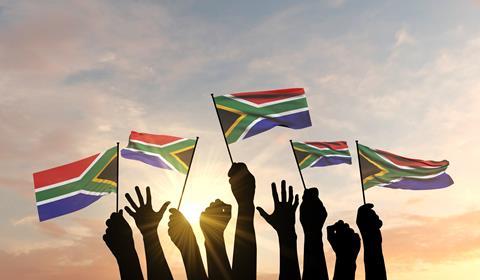Like many countries around the world this year, South Africa go to the polls next week in what has been called the most crucial national election since 1994
With one eye on world events and elections globally, South Africans will head to the polling booths next Wednesday (29 May) to take part in a vote that has been described as watershed moment for the country.

From being the darling of the world when Nelson Mandela came to power, the country has steadily declined with corruption, maladministration and a breakdown in infrastructure and service delivery reaching an unfortunate peak over the last decade.
This is the most fiercely contested national election in 30 years and there has been speculation that for the first time the ruling ANC party will fall short of an absolute majority.
This would lead, for the first time, to national coalitions which are untried and untested in South Africa.
For the fresh produce export season, which has grown rapidly over the past 25 years since the large deciduous and citrus industries were deregulated at the end of the 1990s, the elections will certainly introduce new perspectives on the way forward.
It is mainly the areas of port and rail infrastructure and international relations where the fresh produce industry hopes that fresh political alignments will introduce new thinking and address problems.
In terms of international relations, South Africa has over the past decade strongly aligned itself with members of the BRICS nations, which has not always been well received amongst allies in the European Union, the UK and the US.
More recently, while the merits can be debated, South Africa’s action in the International Criminal Court against Israel on the GAZA war, has propelled the country into more extreme international positions.
Critics also point out that South Africa does not apply the same principals to the Russia-Ukraine war, or some of the violent conflicts in Africa.
Fruit growers are focused businessman that must deal with long-term investments and a changing environment which makes their task increasingly difficult.
New political alignments may bring new visions at a government level, but may also bring instability as more recent coalitions provincially have demonstrated.
For the fresh sector, returning around R35bn in foreign exchange every year, and employing hundreds of thousands of people in the rural community, the stakes could not be higher.



